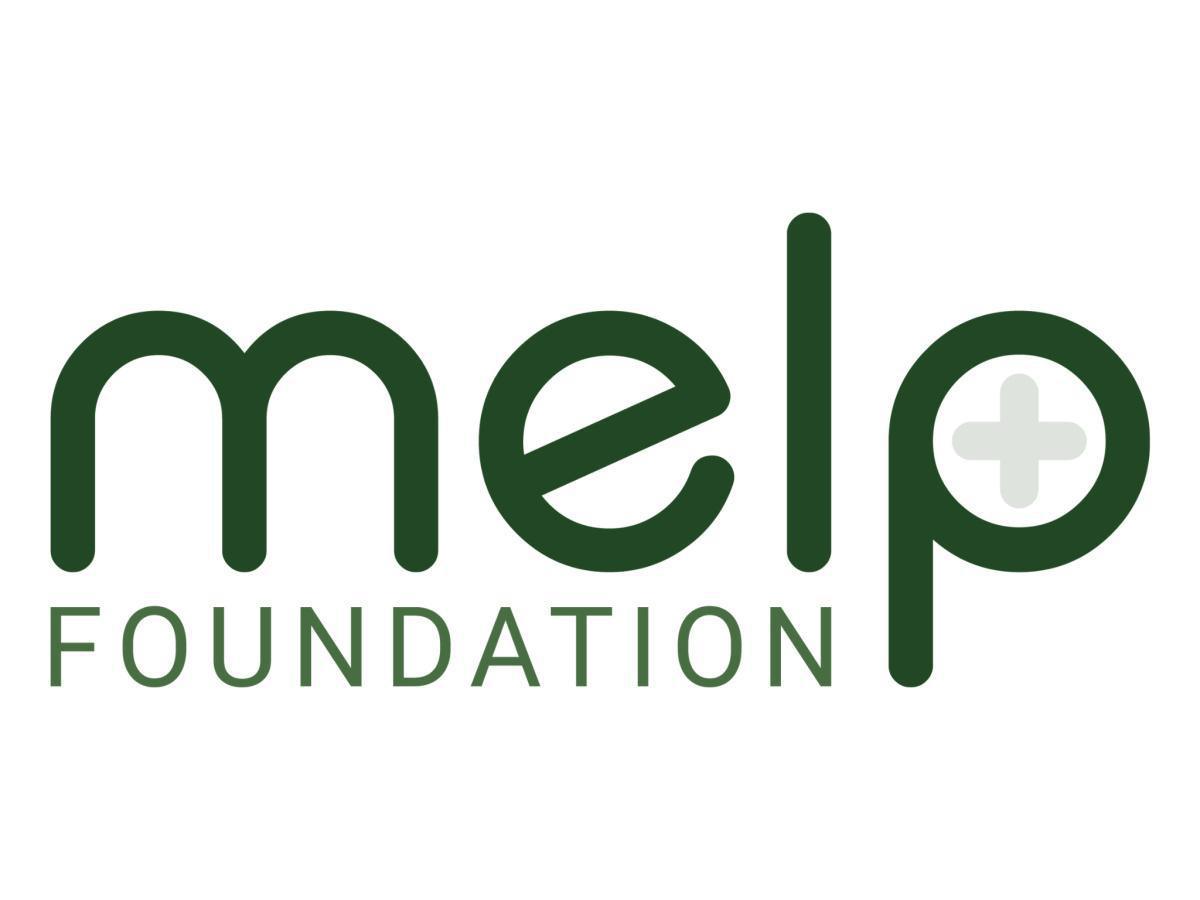Mental health has long been overlooked in schools and grassroots sport. While the need is undeniable, the resources are often stretched to breaking point. At the Melp Foundation, we exist to change that. Our mission is simple but urgent: to support young people and women in sport by making mental health support accessible, affordable, and stigma-free—no matter your background, postcode or budget.
But this mission didn’t just come out of nowhere. It began long before we ever set up the Foundation.
I’m Sophie, the founder of the Melp Group, which includes Melp Co and the Melp Foundation. For years, I worked with schools, grassroots clubs and women’s sports organisations to offer support on everything from managing stress and anxiety to creating mentally healthy environments. The work was always pro bono—not because it wasn’t valuable, but because most of these organisations simply didn’t have the budget to pay for it.
We helped develop wellbeing strategies, ran research projects, facilitated training, and supported teams and educators who were crying out for help. But I also saw how limiting it was to rely on goodwill alone. There was only so much one person, or one company, could do without funding. The need was bigger than we could meet, and it wasn’t going away.
That’s what led to the creation of the Melp Foundation.
We set up the Foundation because we believe mental health support should never be out of reach. And yet, in reality, it often is—especially in communities where funding is tight, stigma is high, and capacity is low. By creating a charitable foundation, we removed the financial barriers that were holding these communities back. Schools and grassroots clubs don’t have to apply for complicated grants or scrape together funds from other priorities—we’re here to help, directly.
The Melp Foundation now delivers free mental health education, training, and wellbeing support to schools, colleges, grassroots teams, and academies across the UK. We partner with communities that are often overlooked—particularly those working with girls and young women, who face specific pressures around identity, performance, inclusion and body image.
Our work builds on the vision that began with the Melp app. When we launched the app, we wanted to simplify mental health support—making it easier to access tools, therapists, coaches, meditations and self-help content without the usual cost or confusion. It was designed to give everyone a place to start, especially those who didn’t know where to turn.
But we also knew the app alone couldn’t reach everyone.
Some schools and sports teams can’t afford to offer their students or players paid resources, no matter how affordable. That’s where the Melp Foundation steps in. We fund the support they need, whether that’s access to our app, one-to-one help, training for coaches and teachers, or expert-led workshops.
We’ve seen firsthand the difference this support makes. We’ve worked with teenage girls in grassroots football who are navigating the trauma of losing a teammate to suicide. We’ve trained coaches who want to know how to spot the signs of anxiety and burnout. We’ve supported teachers who are overwhelmed by the mental health crises their students are facing daily. In every case, we hear the same message: “We want to help, but we don’t know how, and we don’t have the funding.”That’s why we’re here.
The Melp Foundation is built on a belief that mental health support should be proactive, preventative, and people-first. We don’t wait for crises—we support early intervention. We don’t apply a one-size-fits-all model—we listen, we tailor, we care. And we don’t see mental health as an add-on—it’s central to every child’s and every athlete’s ability to thrive.
So when people ask why we started the Melp Foundation, the answer is simple: because the need was too great to ignore. We’re proud to stand beside educators, coaches, young people and sportswomen who are doing their best in a system that often doesn’t give them the support they deserve. We’re here to make sure they’re not alone.
Mental health is not a luxury. It’s a right. And we’re working every day to make that right a reality.


